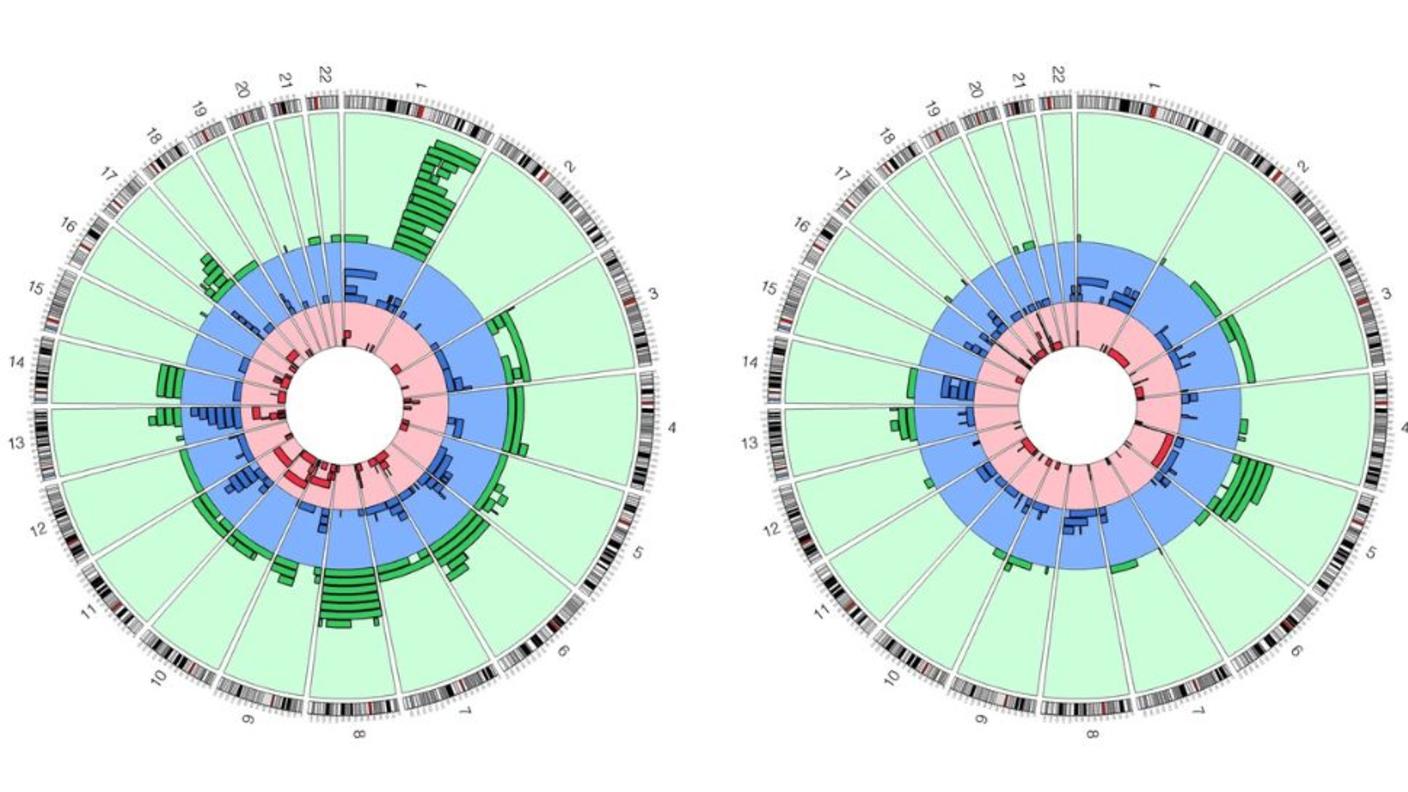Overview
The Epidemiology of Burkitt Lymphoma in East-African Children and Minors (EMBLEM) study is a large, population-based study of Burkitt Lymphoma (BL) conducted in six rural areas in Uganda, Tanzania, and Kenya to investigate the role of P. falciparum, Epstein-Barr virus (EBV), and host genetic factors in childhood BL.
Background
Burkitt lymphoma (BL) is a life-threatening malignancy of germinal center B cells first discovered in 1958 by Denis Burkitt. An endemic childhood cancer (eBL) in sub-Saharan Africa, BL occurs sporadically (sBL) in most populations. Infections by Epstein-Barr virus (EBV) and Plasmodium falciparum (Pf) malaria are linked to the geographical distribution of eBL cases. However, both infections affect significantly more people than those who develop eBL suggesting the influence of other poorly defined risk factors. The co-factors may include genetic variants of EBV or Pf, other infections, host genetic predisposition, trace elements or dietary factors, such as systemic magnesium or selenium, and environmental factors, such as euphorbia plants. Identification of co-factors would provide tools for the prevention and/or treatment of BL, lack of datasets with subject-associated specimens hampers in-depth integrative studies of BL.
The primary goal of EMBLEM include a) molecular characterization of BL through the BL Tumor Genome Sequencing Project; b) spatial-temporal characterization of malaria and BL in East Africa; c) genome-wide and candidate gene studies to quantify associations between specific genes or biological pathways (e.g., malaria-resistance or immunity through HLA) and BL; d) biological studies to discover specific proteins or sequences of P. falciparum and EBV associated with BL.
The study provides a unique resource to generate biological hypotheses and preliminary data, such as the potential to utilize metabolomics methods to study the biology of BL in Africa or to use plasma-based methods to improve BL diagnosis in Africa.
Study Team
NCI Principle Investigator
Sam Mbulaiteye, MBChB, M.Phil., M.Med.
Infections and Immunoepidemiology Branch
EMBLEM Study Team
Dr. Patrick Kerchan
Mr. Mike Mbaziira
Dr. Martin Ogwang
Dr. Tobias Kinyera
Former Members of the Study Team
Dr. Allan Hildesheim, NCI
Dr. James J. Goedert, NCI
Study Design
EMBLEM was a population-based case-control study conducted between 2010 and 2016 in six regions in East Africa where malaria transmission is holoendemic and year-round. The study enrolled 862 BL cases and 3,635 age-, sex- and area-frequency-matched population controls from the six regions. All participants provided blood and saliva specimens for research, and fresh-frozen tumor tissues were collected from a small proportion. Eligible participants were residents of the study area for at least four months before enrollment and between infancy to 15 years of age.
Cases were defined based on histological and/or clinical features, imaging, and laboratory results compatible with an endemic Burkitt lymphoma (eBL) diagnosis. Controls were randomly selected from 300 villages (100 per country) as a representative sample of the source population for cases.
Standardized protocols were used to capture research data, including age, sex, parental and household exposures, history of inpatient and outpatient malaria treatment, malaria and other fever, and use of indoor residual spraying (IRS) in the house, insecticides, and mosquito bed nets. Both cases and controls provided research blood, saliva, and from a proportion of cases, tumor tissue samples.
Select Research Findings
Latest Findings
Children from sub-Saharan Africa with Burkitt lymphoma (BL) had more mosaic chromosomal alterations (mCAs), compared to children without BL. Similar patterns were observed in sub-Saharan African adults. These findings suggest a role for environmental factors in the frequency of mCAs in sub-Saharan African individuals and indicate mCAs in circulating leukocytes could have relevance for future BL risk. Read a summary of the study.
See All Publications from EMBLEM
NCBI Collection of EMBLEM publications.
Burkitt Lymphoma Incidence in Five Continents
Publications Related to Study Implementation
- Accuracy of Burkitt lymphoma diagnosis in constrained pathology settings: importance to epidemiology.
- A case-control study of Burkitt lymphoma in East Africa: are local health facilities an appropriate source of representative controls?
- African Burkitt's lymphoma: could collaboration with HIV-1 and malaria programmes reduce the high mortality rate?
- Incidence and geographic distribution of endemic Burkitt lymphoma in northern Uganda revisited.
- Building capacity for sustainable research programmes for cancer in Africa.
Study Achievements


